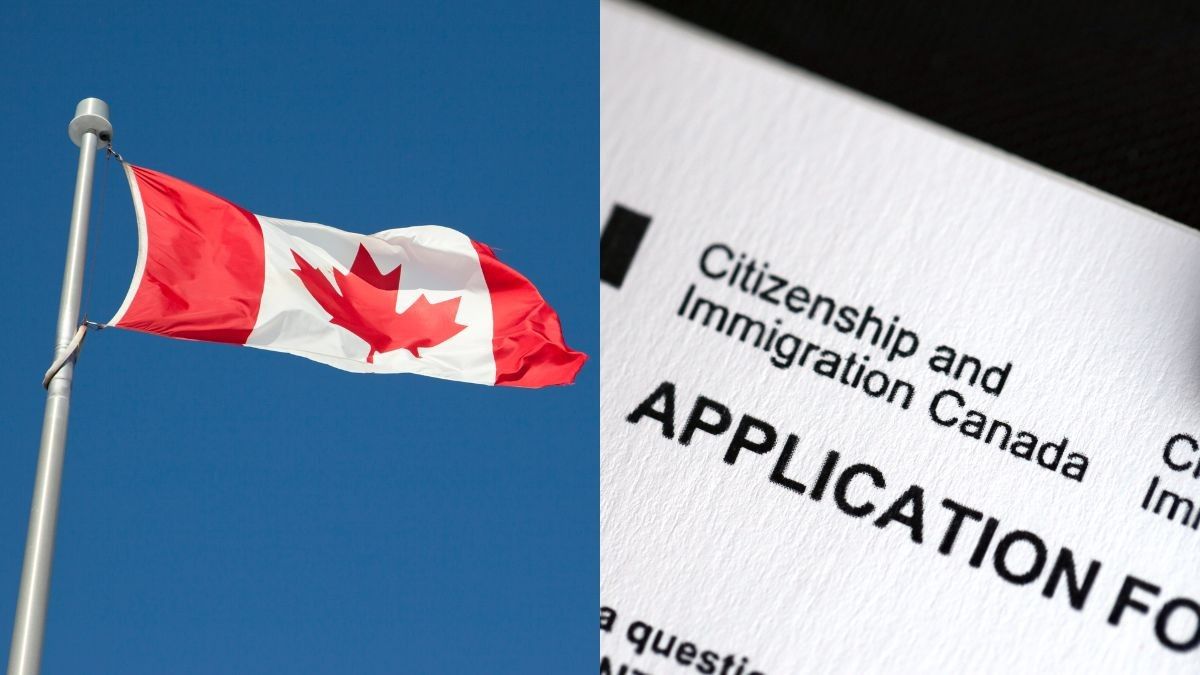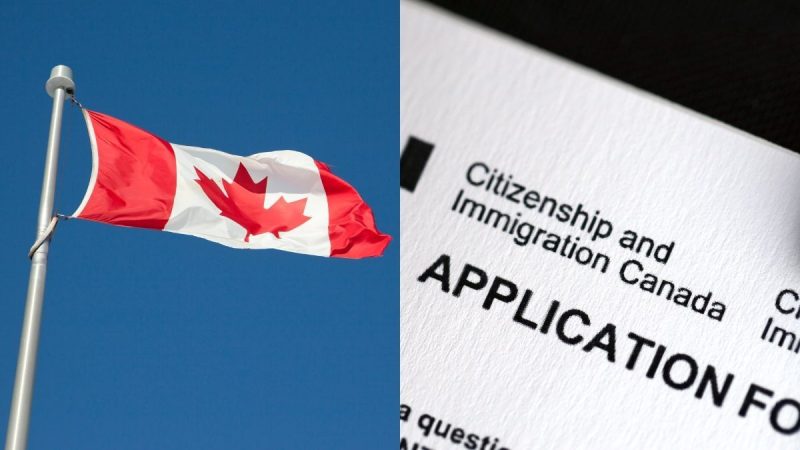Canada is set to revise its citizenship laws, and believe us when we tell you, it comes as a major relief for Indian-origin families and Canadians born abroad. The change comes as Bill C-3, which amends Canada’s Citizenship Act, received royal assent. Though the law has not yet fully come into force yet, here’s all you need to know about the changes.
How Canada’s New Citizenship Rules Will Benefit People
Canada is now set to change and modernise its citizenship rules. The change could benefit thousands of Indian-origin families and Canadians born outside the country. According to a report by The Times of India, Bill C-3, which amends Canada’s Citizenship Act, has recently received royal assent. The bill addresses the long-standing problem of the “second-generation cut-off”. Under current rules, a Canadian citizen born outside the country cannot pass citizenship to their child if the child is also born abroad.
This rule has created a category of “lost Canadians” who cannot figure out their citizenship. But this might soon change. Under the new rules, which are still pending implementation, individuals previously excluded by law will be eligible for Canadian citizenship. It will also set clear rules for the future while protecting Canadian citizenship.
Also Read: Indian Applicants Now Face A 99-Day Wait To Get A Canada Visitor Visa; Here’s Why
New ‘Substantial Connection Test’ Introduced In Canada
According to a report by NDTV World, the first-generation limit was introduced in 2009. It restricted citizenship by descent to children born or adopted outside Canada. In December 2023, the Ontario Superior Court ruled the law unconstitutional. The federal government chose not to appeal the decision and agreed that the law of unacceptable for many Canadians born outside the country. Now, Bill C-3 restores citizenship to those affected by these old restrictions. It introduces a “substantial connection test”.
Under this provision, a Canadian parent born abroad can now pass citizenship to their child if they have spent at least 1,095 cumulative days in Canada before the child’s birth or adoption. Reportedly, the court has set the implementation deadline for January 2026. This time will give Immigration, Refugees and Citizenship Canada (IRCC) enough time to prepare. Immigration lawyers in Canada expect a surge in citizenship applications once the process begins.
Also Read: Canada Is Planning To Cancel Temporary Visas Of Indians In Bulk; Here’s Why
What do you think of these new changes in Canada related to citizenship? Do share your thoughts with us in the comments!
Cover Image Courtesy: Canva Pro/ rustycanuck and Mehaniq
For more such snackable content, interesting discoveries and the latest updates on food, travel and experiences in your city, download the Curly Tales App. Download HERE. First Published: November 24, 2025 12:12 PM




